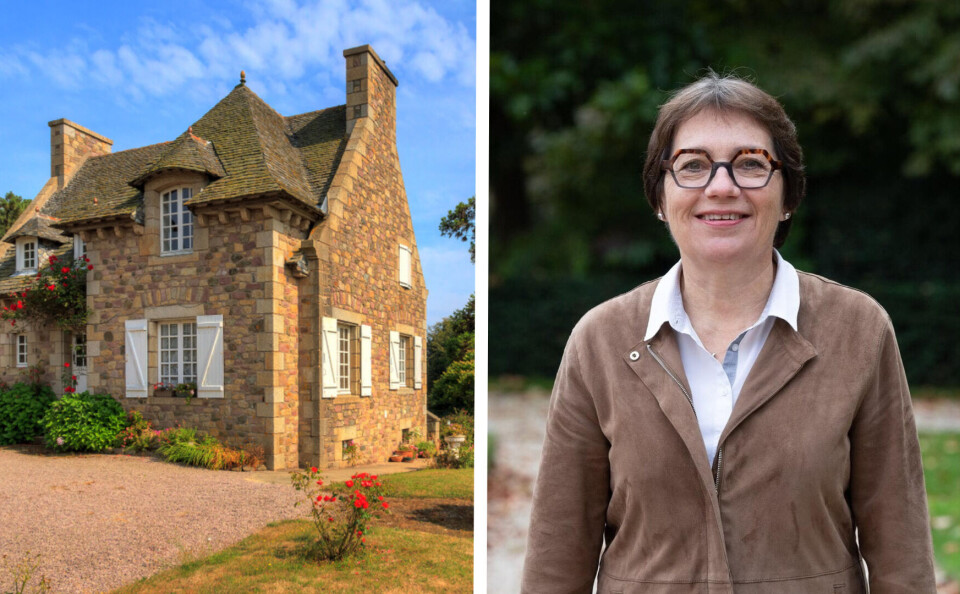-
French farmers give away potatoes due to overproduction
Hundreds of tonnes at risk of going to waste due to drop in demand and excess yield
-
French municipal elections: changes for 2026 and the issues at stake
Performance of far-right RN party and left-wing Greens and gender parity will be among key factors
-
France again ranks as world’s most visited country
102 million international tourists visit in 2025 - up by two million on 2024
Five-year visa plan for second-home owners in France advances
Senator has submitted the proposal via an amendment to a forthcoming immigration bill. It would impact all non-EU nationalities

Article published October 30, 2023
A senator has managed to submit an amendment to France’s immigration bill aiming to create a new five-year visa for foreign-nationals who are second-home owners.
Under this amendment, foreign nationals could apply for a special ‘very long stay’ visa that would let them remain in France for up to six months a year, at dates of their choosing. The visa allowing this would be valid for five years.
This would substantially lighten the formalities that non-EU nationals face when they want to spend longer in France than is currently permitted by the Schengen area visa-free limit of 90 days in any 180-day period.
The latter applies to nationals of countries such as the UK, US and Australia, who do not require visas for short (less than three months) stays in France, which some nationalities do.
Visa formalities have caused many problems for British second-home owners who bought their property before Brexit under the more flexible rules for EU citizens.
At present, the only option is to apply for a temporary long-stay visitor visa each year, which can involve a lot of time and expense.
Senator Imbert first told The Connexion in March that she supported the idea, after we shared with her ideas such as this one from the campaign group France Visa Free.
Read more: Give second-home owners in France a special visa, says senator
She said at the time that she believed it may be more likely to succeed than a more narrow measure aimed only at Britons.
Ms Imbert, a Les Républicains senator for Charente-Maritime, previously said: “Many of us [senators] have second-home owners in our departments.
“They have been here a long time and are really integrated into the life of our villages, including the local associations, so it is important.”
In 2020, she appealed to the Foreign Affairs Ministry to help extend the time Britons could stay.
Senator Martine Berthet (Savoie) has also stated she is considering submitting an amendment to the bill that would aim at creating a ‘special status’ for Britons who owned second homes in France before Brexit, however she has not done so to date.
She recently wrote to the interior minister suggesting this idea.
In another amendment to the immigration bill, four senators, including Michel Canévet (Finistère), have proposed helping British second-home owners by adding the specific mention of second-home ownership to the list of valid reasons to grant an ordinary long-stay visa (along with family reasons, study, visits etc).
However, on first analysis, we do not see how this would simplify matters compared to the current system, whereby second-home owners can apply for a temporary long-stay visa on the basis of being ‘visitors’.
Mr Canévet has previously suggested that France could allow British visitors to come visa-free for up to six months at a time, as is possible (under UK immigration law) for French visitors to the UK.
The immigration bill will be debated by the senators in their first public debate on the text, from Monday next week. Proposed amendments will be included in the debate unless they are struck out in the next few days on grounds such as financing problems or lack of coherency with the other subjects of the bill.
Related articles
Edited November 2, 2023, re. date when Senator Imbert originally appealed to the Foreign Affairs Ministry
French senator waits to hear over plea for second-home Britons
























